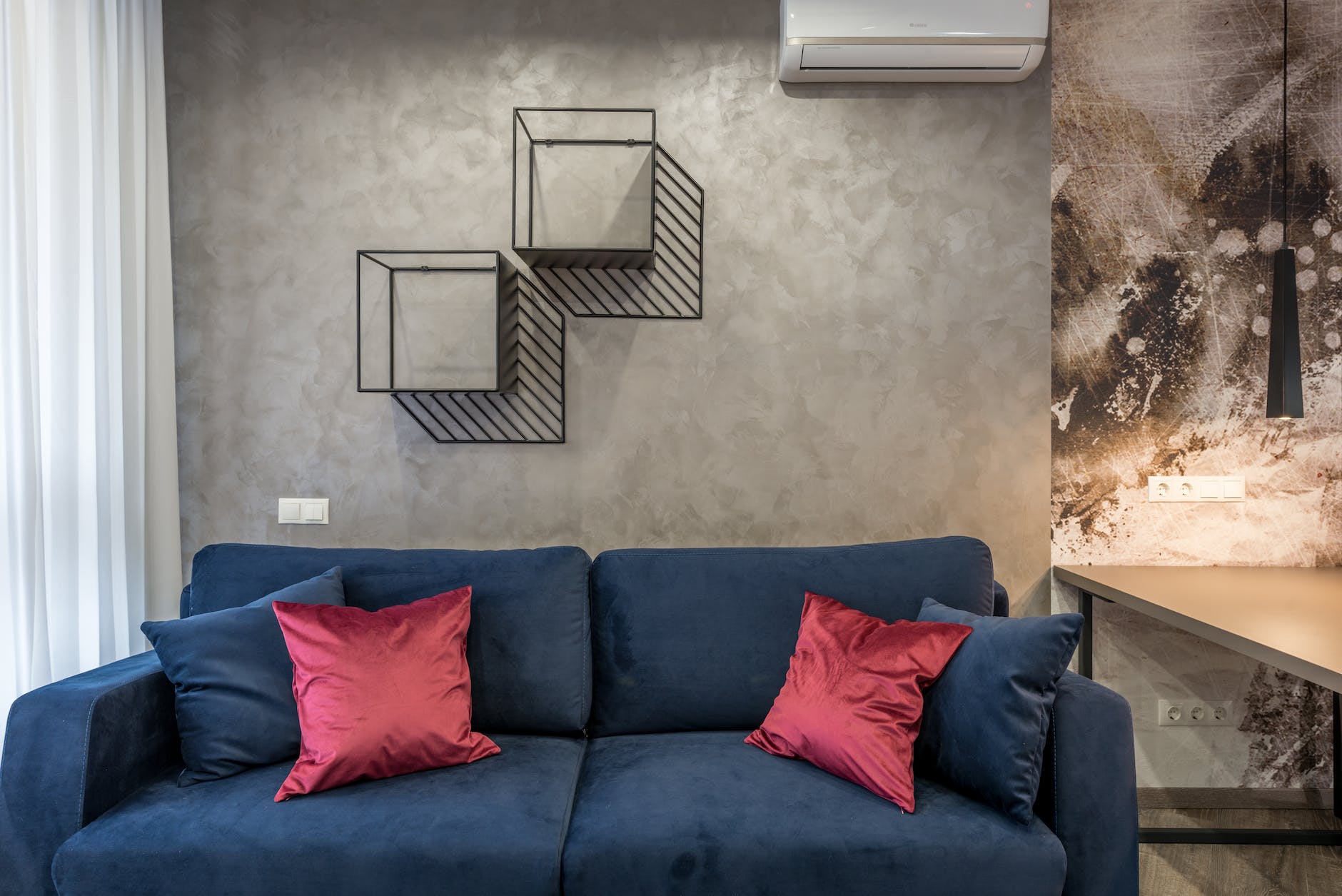
AC
When it comes to maintaining a comfortable and healthy indoor environment, your AC air filter plays a crucial role. It helps keep your air clean by trapping dust, pollen, pet dander, and other particles. Choosing the right AC air filter can enhance your indoor air quality and even improve the efficiency of your HVAC system. In this guide, we’ll walk you through the key factors to consider when selecting the perfect AC filters for your home.
1. Understand the Basics of AC Air Filters
Before delving into the selection process, let’s grasp the basics. AC air filters are rated using a system called the Minimum Efficiency Reporting Value (MERV). The MERV scale ranges from 1 to 20, with higher numbers indicating better filtration. Filters with higher MERV ratings can capture smaller particles, making them ideal for homes with allergy sufferers or pets.
2. Consider Your Air Quality Needs
Assess your indoor air quality needs before choosing an AC air filter. If you or your family members have allergies or respiratory issues, opt for a filter with a MERV rating of 8 or above. For standard household dust and pollen control, a MERV 6 filter should suffice. Remember, choosing a filter with a MERV rating that is too high for your system could strain its performance, so strike a balance.
3. Know Your Filter Types
AC air filters come in various types, each with its unique features:
- Fiberglass Filters: These are budget-friendly options that capture larger particles. They’re suitable for households with minimal air quality concerns.
- Pleated Filters: More efficient than fiberglass filters, pleated filters have a larger surface area and can capture smaller particles. They are available in various MERV ratings.
- HEPA Filters: High-Efficiency Particulate Air (HEPA) filters are top-tier options for improved air quality. They can capture up to 99.97% of particles as small as 0.3 microns.
4. Consider Your HVAC System
Your HVAC system’s specifications can influence your filter choice. Check your system’s manual or consult a professional to determine the recommended MERV rating. Using a filter with a MERV rating that’s too high for your system might restrict airflow and lead to inefficiency.
5. Pets and Allergies
If you have furry friends, pet dander can affect your indoor air quality. Opt for a filter designed to capture pet hair and dander effectively. For severe allergies, consider a HEPA filter to ensure the cleanest air possible.
6. Regular Maintenance
Choosing the right AC air filter is just the first step. Regular maintenance is key to optimal performance. Check your filter monthly and replace it every 1 to 3 months, depending on factors like filter type and indoor air quality. A dirty filter can hinder airflow and strain your system, leading to increased energy consumption.
7. DIY vs. Professional Installation
Installing a new AC air filter is usually a straightforward task. However, if you’re unsure or uncomfortable doing it yourself, consider having a professional handle the installation. They can ensure that the filter is properly fitted and compatible with your system.
Conclusion
Selecting the right AC air filter for your home is a vital decision that can impact both your indoor air quality and your HVAC system’s efficiency. Consider your air quality needs, system specifications, and any specific concerns like pets or allergies. Regular maintenance is essential to keep your air clean and your system running smoothly. With the right filter in place, you’ll be on your way to enjoying a healthier and more comfortable living environment.






